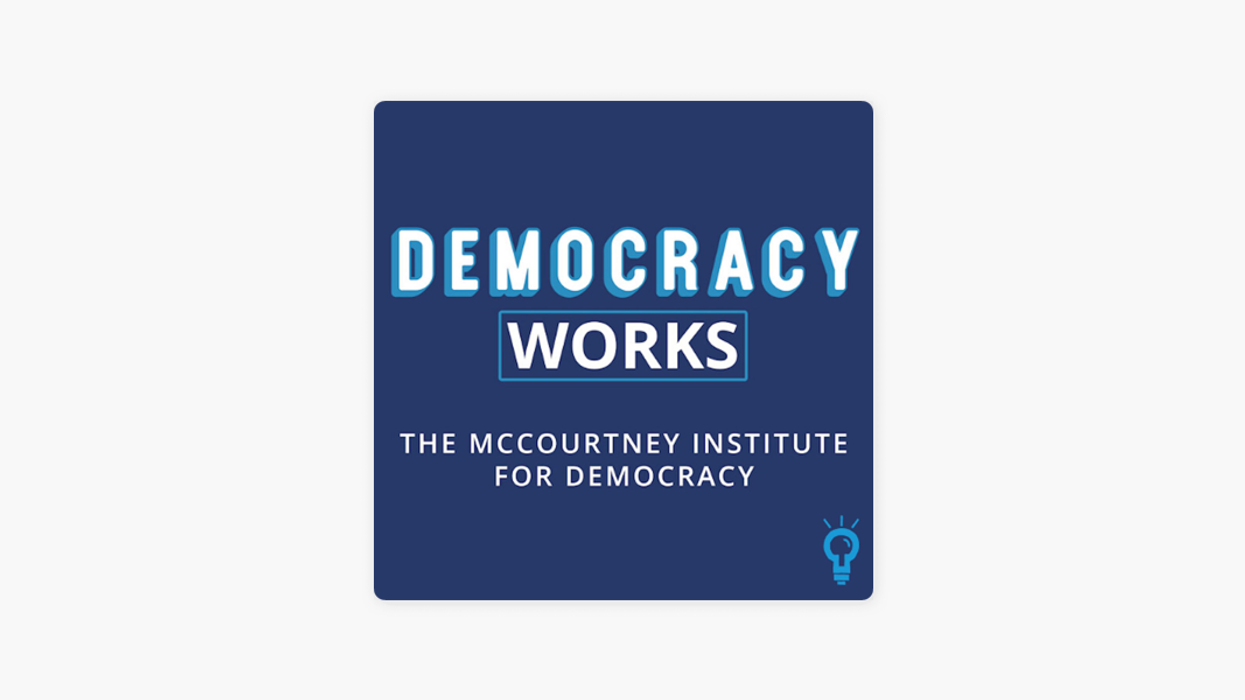Around the world, religion is being used to fuel “us vs. them” narratives and undermine the foundations of democracy. This week, we dive into what this means and how people of faith can chart a different path forward.
Faith, Nationalism, and the Future of Liberal Democracy highlights the use of religious identity to fuel the rise of illiberal, nationalist, and populist democracy. It examines the ways religious identity is weaponized to fuel populist revolts against a political, social, and economic order that values democracy in a global and strikingly diverse world.
The book is intended for readers who value democracy and are concerned about growing threats to it, and especially for people of faith and religious leaders, which is why we’re excited to have author David M. Elcott on the show this week. Elcott is the Taub Professor of Practice in Public Service and Leadership at the Wagner School of Public Service at NYU and director of the Advocacy and Political Action specialization.
Listen now




















Trump & Hegseth gave Mark Kelly a huge 2028 gift